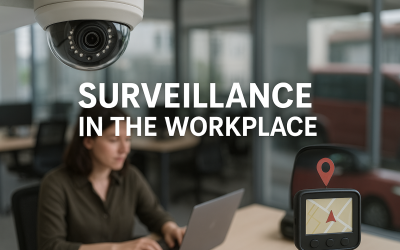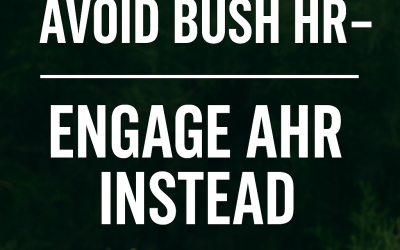144 people. This is the preliminary number of deaths that have occurred nationally resulting from workplace incidents for 2023, thus far, according to Safe Work Australia data. This data further determines a select few industries to have significantly higher death rates than others, with all fatalities in the double digits and averaging higher rates across several years. These are:
- Construction;
- Transport, Postal and Warehousing;
- and Agriculture, Forestry and Fishing industries.
As we move towards the last few weeks of the working year, businesses have the opportunity to reflect upon workplace incidents and to contemplate how these can be reduced in 2024.
What Can Employers Do?
Workplace injuries will always happen, but as an employer it is your responsibility to implement preventative measures, as far as reasonably practicable. For some industries this is somewhat more difficult to manage due to the nature of work, however this is no excuse for negligence.
As an employer, particularly if you are in an industry with higher risk, you can reduce workplace incidents through a few simple interventions:
Conduct Regular Audits
Performing routine audits is crucial, particularly in high-risk industries such as those highlighted above, to proactively oversee Workplace Health and Safety. These audits involve a comprehensive assessment of:
- Work environment conditions.
- State of equipment and its maintenance.
- Validation of worker certifications and demonstrated competency (including licenses, certifications, and induction sign-off).
- Evaluation of workplace policies, procedures, and SWMS (Safe Work Method Statement—essential for high-risk activities, serving as a means to mitigate risks through control measures like expected actions, safety devices, specific processes, or systems).
Fostering a Culture of Continuous Learning and Employee Development
Initiate consistent educational programs to enhance and refresh worker knowledge related to workplace processes and procedures. By making these sessions a regular and mandatory practice, you guarantee that all workers possess a comprehensive understanding, reducing workplace incidents. Additionally, this approach creates an avenue for genuine feedback from individuals responsible for adhering to these guidelines, recognizing that feedback is a pathway to progress.
Manual Handling
Supporting your workers by introducing aides, equipment and training that will assist them in navigating daily tasks via safe means is the most cost effective and flexible way to reduce incidents and to keep your workers safe. In industries such as warehousing and transport, the introduction of equipment to aide in tasks is essential for worker safety, but it is equally as important to ensure that your workers know how to use this equipment and how to protect themselves whilst using it.
In 2021 – 2022, 76.3% of serious worker compensation claims came from body stress, falls, trips and slips, and being hit by moving objects, or hitting body parts on an object. You can avoid this within your workplace by reviewing your current manual handling processes, updating these in line with worker feedback and lodged reports, and by introducing regular information sessions to maintain worker knowledge.
Traffic Management Plans
Traffic Management Plans are necessary for all workplaces, serving as crucial safeguards when near vehicles, machinery or powered mobile plant. By implementing these plans and ensuring comprehensives worker induction regarding their expectations you establish clear guidelines that direct flow, organisation, and frequency of activities. These manage and reduce the risks of incidents to workers and other individuals both on and off site. For more information about these plans, see our article, The Importance of Traffic Management.
WHS is a critical component of all organisations. The best investment and decision you can make surrounding this, particularly for small businesses, is to outsource and engage third party services to ensure compliance. Contact AHR today on 1800 577 515 and speak with one of our WHS specialists and together we can determine a strategy to see your workplace safe and productive.
The AHR team can equip you with relative industry updates and tips, alongside the provision of tools, templates and checklists required to see you compliant within legislation. We can do it with you, working together to develop an overarching framework that will allow us to give you timely advice and tools to manage, eliminate and/or isolate hazards in your workplace. OR, we can do it for you, stepping in as your WHS department, conducting regular reviews, providing prompt feedback and providing required employee notice, scheduling and attending required meetings and inductions, as well as being an impartial third-party for the investigatory process.
For more information on Workplace Health and Safety issues currently facing employers, or to learn how the AHR specialists can help you with this, see our service page Workplace Health and Safety or our recent articles Workplace Investigations – Not One Size Fits All and Psychosocial Legislation and Employer Obligations.




